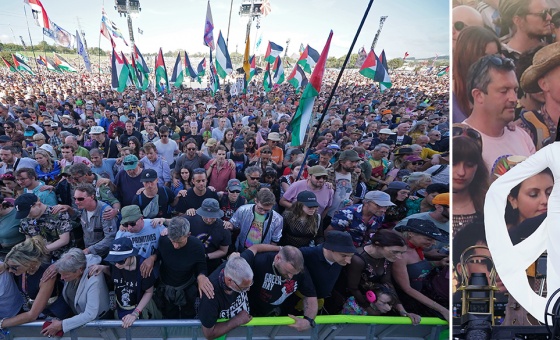This is the last article you can read this month
You can read more article this month
You can read more articles this month
Sorry your limit is up for this month
Reset on:
Please help support the Morning Star by subscribing here
DECADES of deregulation that allowed fire safety to be undermined must be scrutinised by the Grenfell disaster inquiry, the Fire Brigades Union (FBU) said today.
In its opening submission to the second stage of the inquiry, the firefighters’ union said cuts and fragmentation of the fire-and-rescue service and the deregulation of building and fire safety had impeded the ability of the London Fire Brigade to tackle the blaze that killed 72 people.
The FBU insisted those involved in Grenfell Tower’s refurbishment must be questioned about why they had fitted the building with flammable cladding.
The union also demanded to know why the brigade was not notified of the deterioration in the building’s fire safety.
Grenfell had a single staircase for residents to escape, limited smoke ventilation, no sprinklers, no alarm or communications system and a stay-put evacuation strategy.
FBU general secretary Matt Wrack said: “A drive towards deregulation and privatisation across housing, construction, and public services from consecutive governments is what allowed this to happen.
“The inquiry must follow the line of investigation right to the top – to the ministers and executives who chose to put profit before people.”
Inquiry chairman Sir Martin Moore-Bick revealed that witnesses from the building firms involved in the tower’s refurbishment are applying for “privilege against self-incrimination.”
He said this would allow companies such as external wall subcontractor Harley Facades, main contractor Rydon and the tenant-management organisation (TMO) “complete freedom to tell the truth without any concern for the future.”
Under section 22 of the Inquiries Act 2005, a witness can refuse to give evidence if it might incriminate them.
But Survivors and bereaved group Justice For Grenfell said it was “disgusting” that the witnesses were seeking immunity from prosecution.
The news emerged after the inquiry heard yesterday that certain firms involved in the refurbishment of the 24-floor council housing block appeared to know two years before the June 2017 disaster that the cladding planned for the building would fail if exposed to fire.
Today, local authority the Royal Borough of Kensington and Chelsea, which owns the building, admitted multiple failures in the tower’s refurbishment, which was overseen by arms-length organisation Kensington and Chelsea TMO.
The council has “apologised unreservedly” for failing to ask for comprehensive details of the project, including materials used in the cladding system, and failing to identify flaws in the plans.










